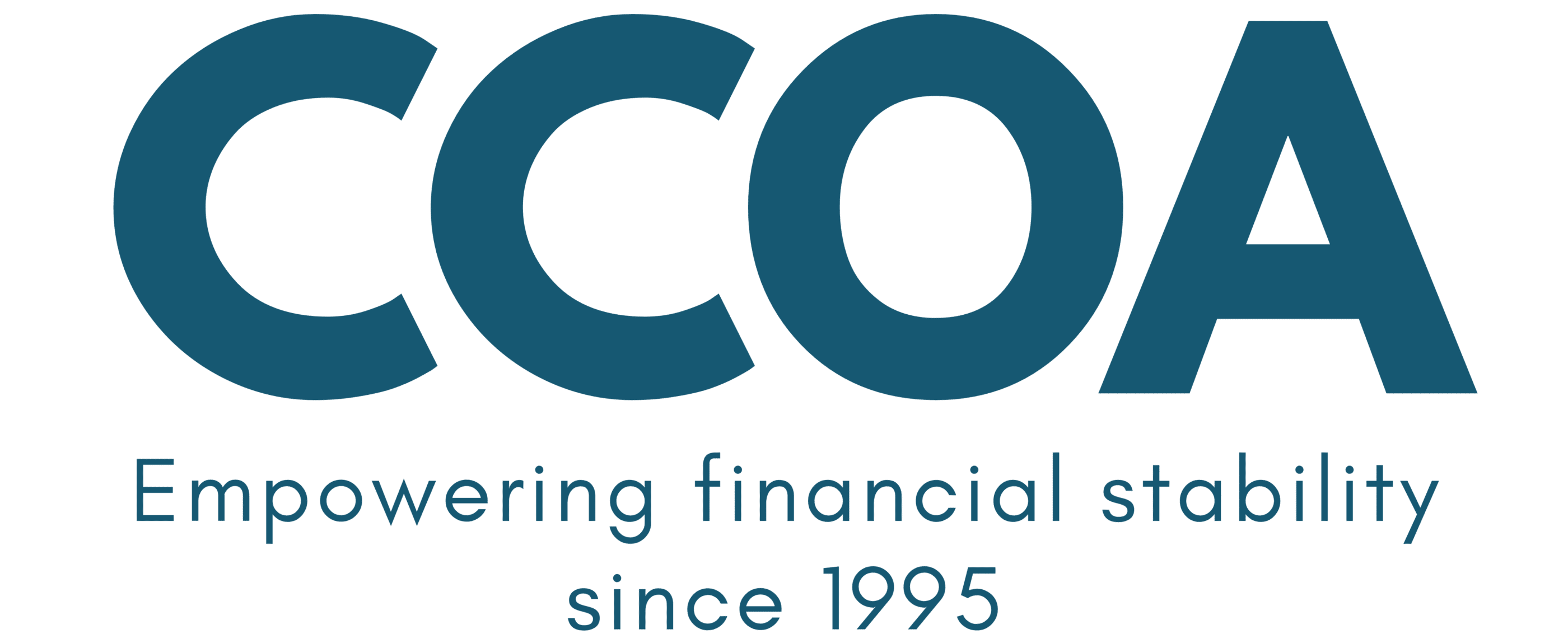We’re often asked about the differences between debt management and debt settlement. Here’s a quick comparison on these two tactics for resolving debt issues.
Debt Management
Big Picture: A certified credit counseling professional conducts a budgeting and financial counseling session with a client to look at the overall larger picture of the client’s finances. The professional creates a descriptive budget and assesses income, expenses and payments to creditors.
Community Resources: The counselor considers the role of other community resources to help address the client’s financial needs and informs the client of those resources.
Advocacy: The counselor offers guidance on various consumer rights issues, including features of the Fair Debt Collection Practices Act, and the Fair Credit Billing Act.
Payment Options: When a client wishes to pay off their debt with a Debt Management Program (DMP), the counselor doesn’t instruct the client to stop paying creditors (as debt settlement companies typically do), because that leads to growing debt balances and severe credit damage. A credit counseling client who chooses to do a DMP will typically end up paying their principal debt — in full! — within 3 to 5 years, saving perhaps thousands of dollars in waived fees and reduced interest. As their debt goes down, their credit score goes up!
Debt Settlement
Debt settlement is settling a debt for less than what is owed. What happens when debt is settled? While it is at times a less expensive option in the short run, there are some drawbacks that can create big financial challenges.
Hurts Credit: Using debt settlement typically hurts your credit score because accounts go unpaid for long periods and are transferred to collection companies. This can make using credit in the future more difficult and more expensive.
Tax Obligations: One significant factor is that any forgiven debt of $600 or more under debt settlement will result in having to pay taxes on that forgiven debt as though it was earned income! Creditors will file a 1099c to the IRS on your forgiven debt. Ouch!
Legal Action: Debt settlement does not protect you from legal action. Creditors can still sue you for violating the agreement to repay credit balances.





